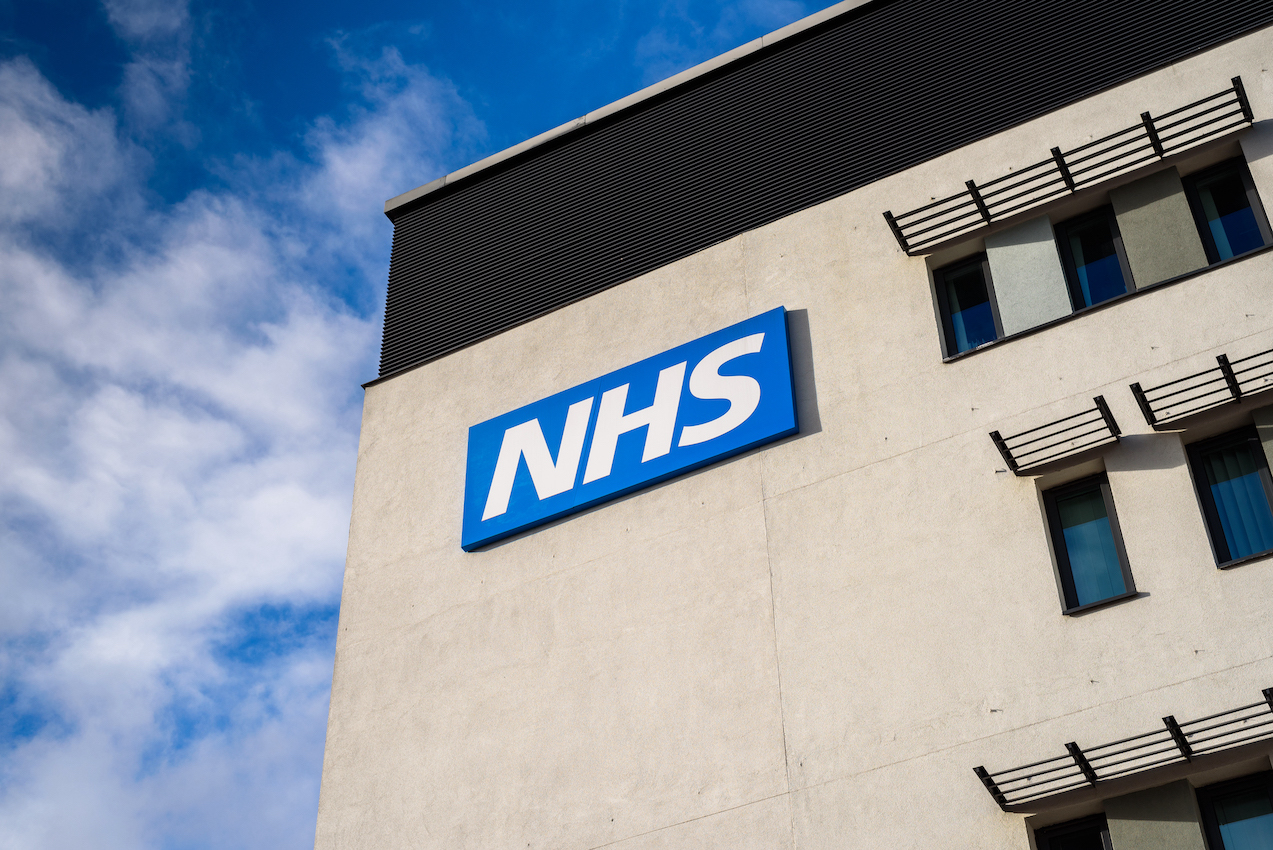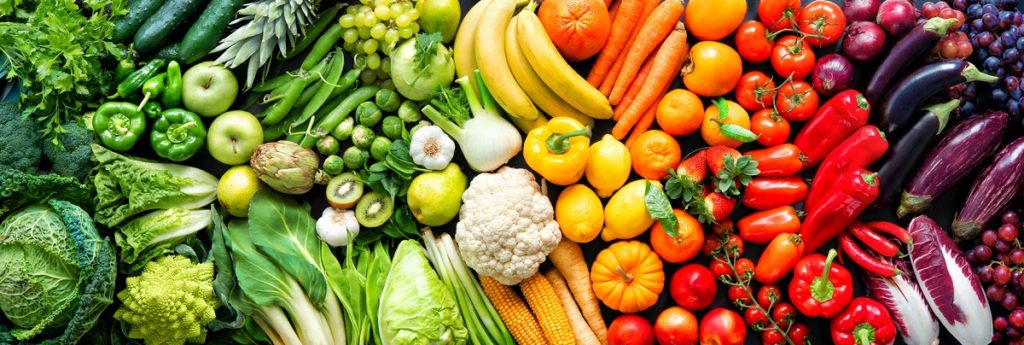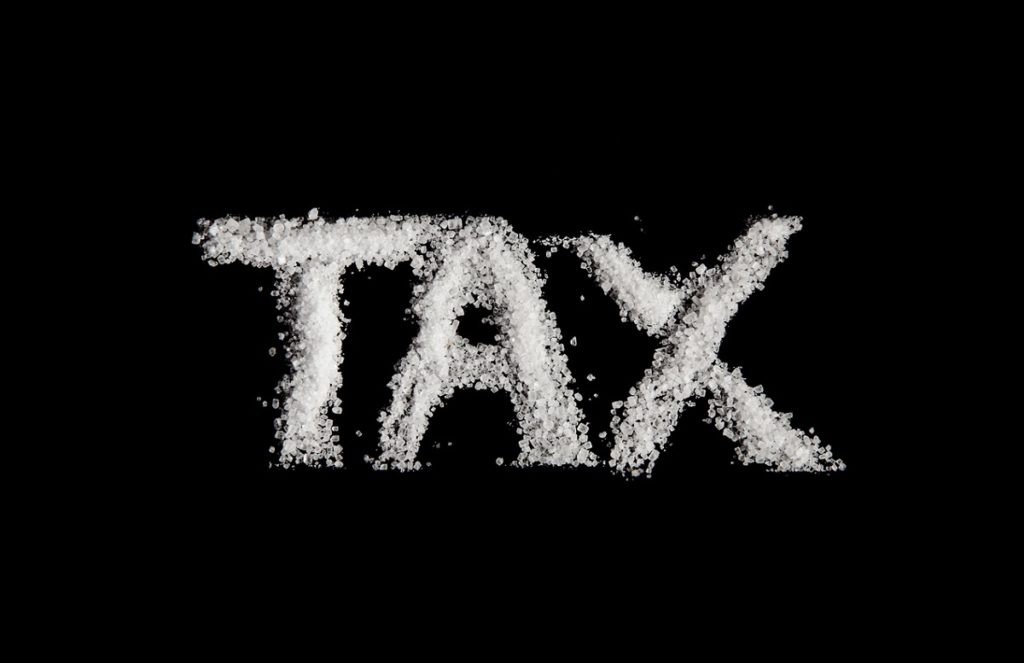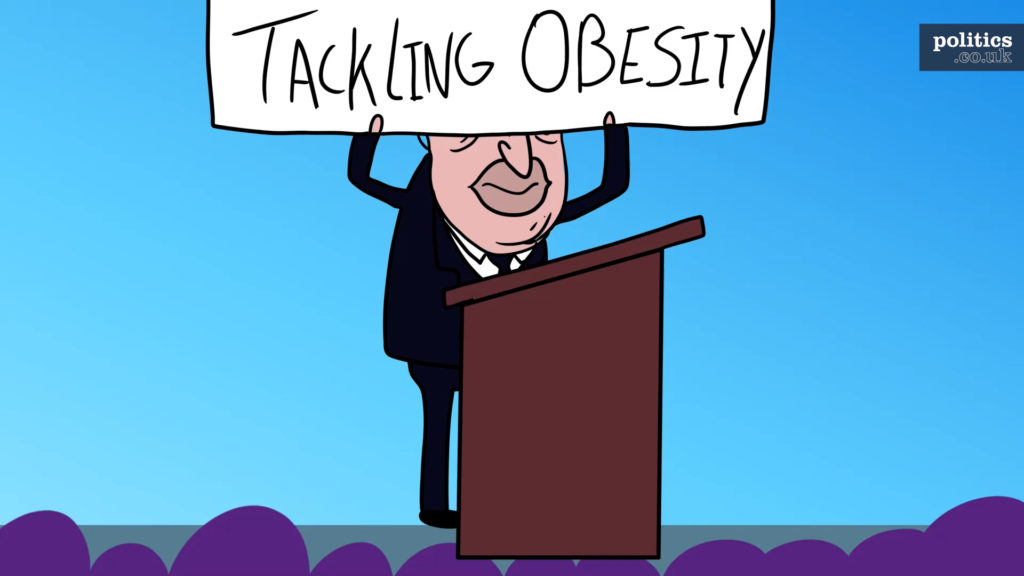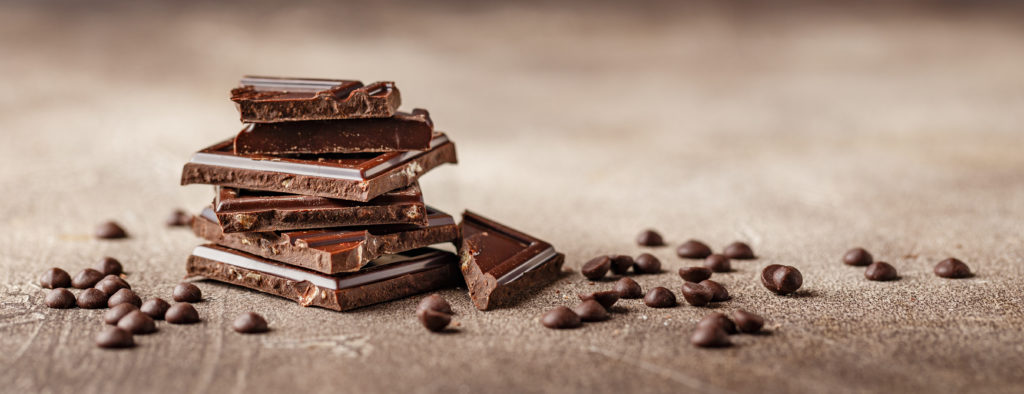What is the sugar tax?
The Soft Drinks Industry Levy, commonly known as the ‘Sugar Tax’, was introduced to encourage soft drinks companies to reduce the sugar content in their products. This is part of a wider strategy to tackle the rise in public health problems such as childhood obesity, diabetes, and tooth decay.
With effect from April 2018, soft drinks manufacturers and importers have been subject to excise taxes on their products.
A soft drink that contains 5-8g of sugar per 100ml is taxed at 18p per litre, with a sugary drink above 8g per 100ml being taxed at 24p per litre. Fruit juices and milk-based drinks are currently exempt from the taxes on the grounds that their sugar is naturally occurring.
The levy applies only to the manufacturers and importers of sugary soft drinks, not the consumers themselves.


As such it is for the company to decide whether they wish to increase the cost of their products to cover these tax charges. This form of tax was chosen on the assumption that consumers are unlikely to change their habits in response to marginal price increases.
Money gathered from the levy finances initiatives which promote children’s health and welfare. Most of the revenues fund the Primary Sports Premium, which improves schools’ access to sports facilities and equipment. In addition to this, the levy partially funds healthy school breakfast clubs across the UK.
Is the sugar tax working?
The government’s primary focus with its new charge was to lower the sugar content of popular sweetened drinks, incentivising a long-term shift towards healthier consumer habits.
In this respect, the new duty has already had the designed effect.
In 2016 the announcement of the impending charge, preemptively drove more than half of soft drinks manufacturers to reduce the sugar content in their drinks, thereby avoiding the sugar levy when it came into effect.
The leading drinks company, Lucozade Suntory Ribena, reformulated all its drinks to contain less than 5g sugar per 100ml. This resulted in a 50% sugar reductions in the drinks Ribena, Orangina, and Lucozade Energy.
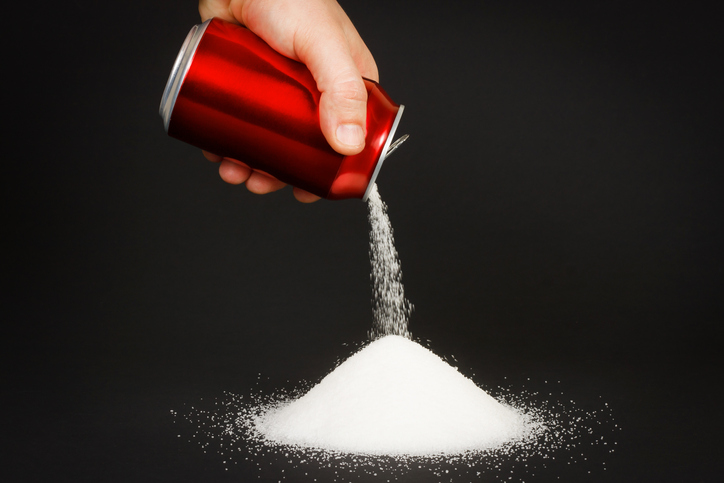
Some drinks manufacturers have responded to the new tax regime by reducing the sugar contained in their soft drinks.
The Government had predicted that the industry levy would raise £520 million in its first year alone. This figure was soon revised to £275 million following the swift response of companies in reducing sugar content in their highest sweetened beverage drinks.
Aside from the revenue raised, Public Health England anticipates substantial savings as a result of fewer sugar-induced or weight-related illnesses. In 2015, it was predicted that the sugar levy would save the NHS £576 million a year while also drastically reducing rates of tooth decay.
As the tax has only been in place since 2018, the prospective health benefits will only be visible in the long term. However, medical studies into the effects of sugar offer useful forecasts into its likely impacts.
A UK modelling study published in the Lancet investigated the effects of reducing the sugar content of a sugar sweetened beverage by 40% over a period of five years. Using population and diet survey data, the study anticipated that the number of obese adults would reduce by half a million in the future as a result.
It has been suggested that a 40% reduction in added sugar intake over a period of five years would reduce obesity figures by roughly half a million and cut cases of type 2 diabetes to reduce by 300,000.
Although issues such as childhood obesity and diabetes are complex medical issues caused by a series of dietary, genetic and environmental factors, it is suggested that lowering sugar consumption is nonetheless a significant part of a broader, multi-faceted strategy towards tackling public health issues.
Problems with tooth decay are also directly linked to high sugar intake. The introduction of the sugar tax is thus also forecast to improve dental health.
Criticisms of the sugar levy
The ‘Sugar Tax’ has come under criticism for its limited scope. The levy targets fizzy drink products, while neglecting the vast selection of natural or milk-based sugary drinks, as well as confectionary, which boast equally high sugar contents.
The government has defended its focus specifically on the soft drinks sector by stressing that soft drinks contain disproportionately high sugar contents. Unlike some high-sugar foodstuffs, it is pointed out that sugary drinks contain limited wider nutritional benefits. Being liquid, sugary drinks are also easy to over consume in comparison to solid foods.
NHS England recommends that children aged 4-6 should consume no more than 19g of sugar per day. Adults are advised to consume a maximum of 30g. In this context, one 330ml can of cola often contain 35g, instantly exceeding their recommended daily sugar intake.
Secondly, the Sugar Tax has also been branded as regressive, for the way in which it disproportionately targets those in lower-economic brackets. This stems from the assumption that soft drinks are consumed more readily in lower-income households.
Thirdly, opponents of the sugar levy have suggested it might inflict irreversible damage on the soft drinks industry.
Despite the challenges it presents to the soft drinks industry, the government maintains that all companies could benefit by re-branding products in accordance with a national trend towards healthier eating. Ultimately, no company will be subject to the tax if their products are successfully reformulated.
Expanding the sugar tax to other drinks
In 2016, the Prime Minister’s health advisors called for the sugar levy to be extended to cover foods and a wider variety of sugary drinks.
Working with the Cabinet Office, Professor Ivo Vlaev commented: “Sugar is the problem, therefore logically all products with excess sugar should be subject to the sugar tax.”
The Chief Executive of the British Dental Health Foundation, Dr Nigel Carter, advanced a similar view, saying, “A blind eye has been turned to addressing pure fruit juices, smoothies and milkshakes. These drinks are crammed with sugar and highly dangerous to a person’s health.”
In 2019, Prime Minister Boris Johnson pledged to conduct a review of the tax, while not ruling out the prospect of its future expansion.
Sugar taxes around the world
The World Health Organisation has stated that taxes are vital to curbing the obesity rate rise worldwide.
By 2020, some 40 countries across the globe had implemented some form of sugar levy or tax. The first sugar-related tax was implemented in Hungary in 2011, closely followed by France in 2012.
The Republic of Ireland introduced its sugar tax in 2018, with the country seeing a 30% reduction in the number of drinks subsequently liable to be taxed, once again clearly suggesting the potential impact that these levies can have on the practices of the soft drinks industry.
Quotes
“The Soft Drinks Levy is one part of our plan to tackle childhood obesity […] We want to persuade manufacturers to reformulate their drinks and lower the sugar content.” – Robert Jenrick MP, Exchequer Secretary to the Treasury (2018)
“Our teenagers consume nearly a bathtub of sugary drinks each year on average, fuelling a worrying obesity trend in this country. The Soft Drinks Industry Levy is ground-breaking policy that will help to reduce sugar intake, whilst funding sports programmes and nutritious breakfast clubs for children.” – Steve Brine MP, Public Health Minister (2018)
“The sugar tax has been a significant success, not only for oral health, but for general health and wellbeing too. The more sugar we can continue to cut from drinks, the healthier our population will be. It will allow more of us to be free of the diseases and conditions linked to sugar, and it will also save the NHS millions every year.” – Dr Nigel Carter OBE, Chief Executive of the Oral Health Foundation (2020)
“Sugar is one of many factors driving the obesity epidemic,” he says. “It’s far from the only thing to worry about. We need to see it as a factor within a wider system, and treat it as such.” – Dr Harry Rutter, a senior clinical research fellow at LSHTM, and the deputy director of the Centre for Global Chronic Conditions (2018)
Stats
In England alone, a third of children are obese or overweight when they leave primary school. Evidence shows that 80% of children who are obese in their early teens will go on to be obese adults. (Source – GOV.UK, 2018)
The UK has one of the highest obesity rates among developed countries. By 2050, over 35% of boys and 20% of girls aged 6-10 are expected to be obese. The estimated obesity-related costs to the NHS is over £6 billion. (Source – GOV.UK, 2016)
Dental caries (also known as tooth decay or dental cavities) is the most common non communicable disease worldwide. (Source – World Health Organisation, 2017)
Henry Dimbleby’s National Food Strategy reveals a disdain for the poor
Budget 2016: Osborne’s sugar tax is another punishment on the poor









